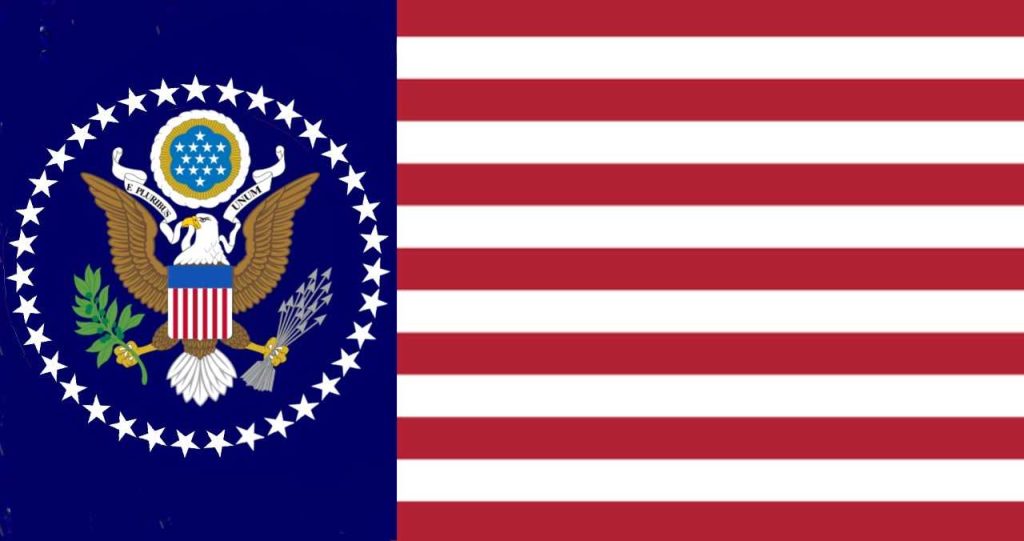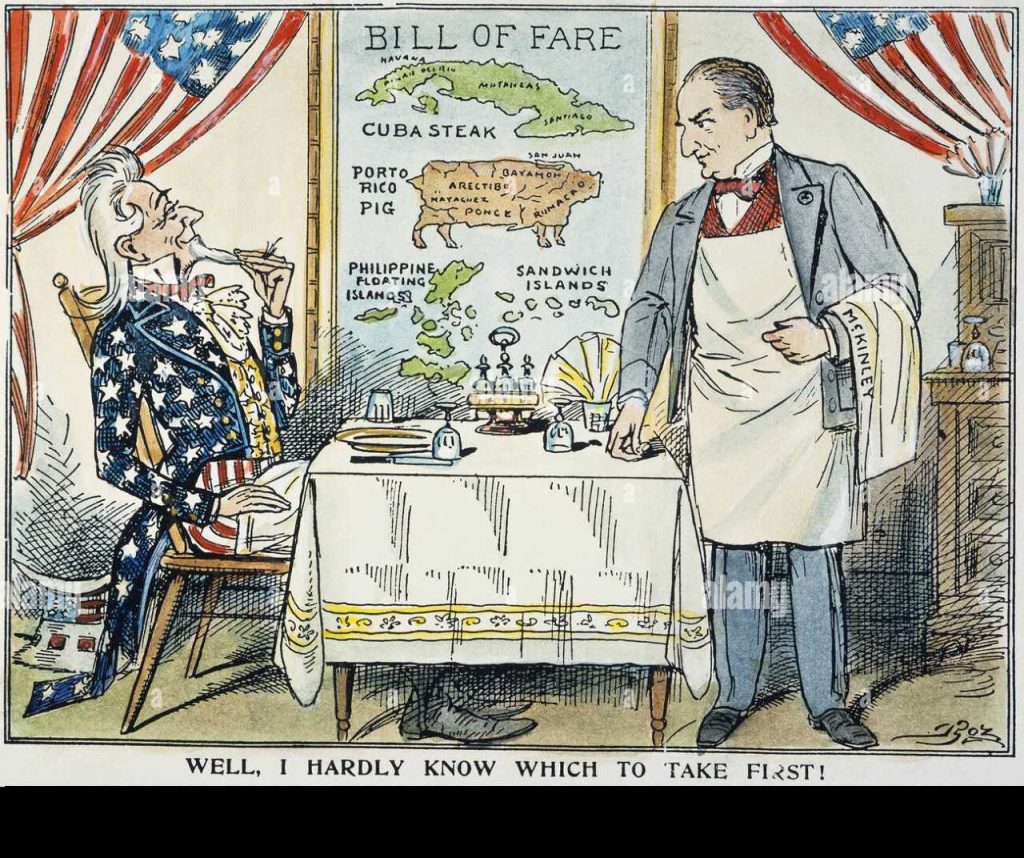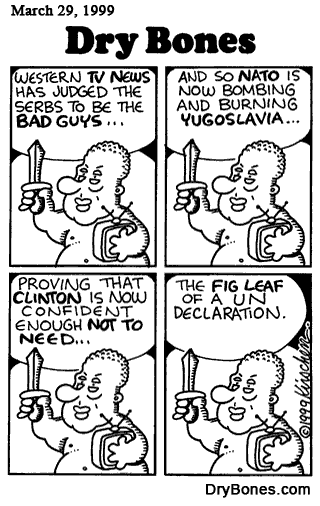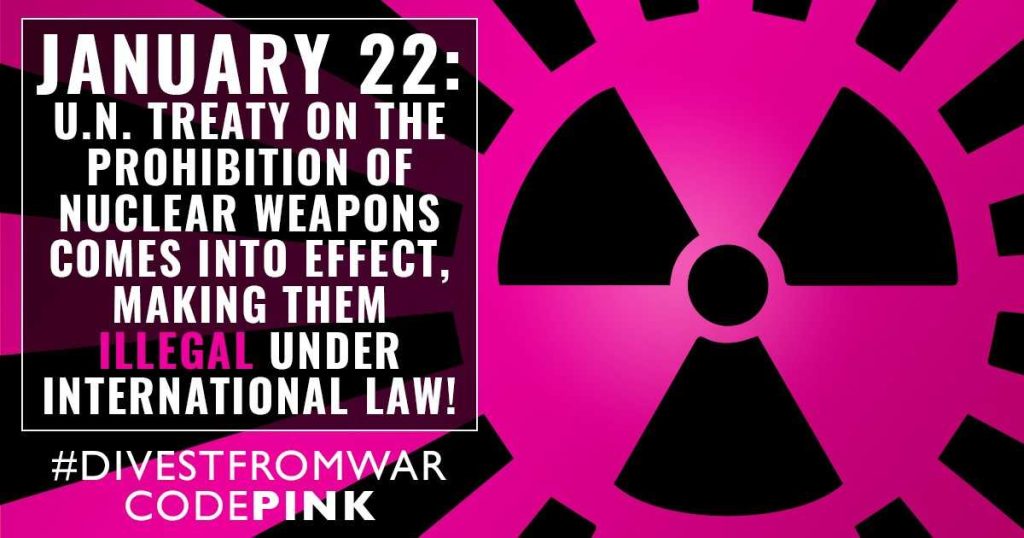The US Empire, NATO and Ukraine

The US Imperium
Allan Todd writes: Russia’s invasion of Ukraine has justly been condemned by most people. Despite having a strongly neoliberal pro-West government, it is a sovereign country and has the right to be independent. Unsurprisingly, it’s also been widely covered by the mainstream media, which has focused mainly on the plight of civilians and the land-grabbing ‘adventures’ of Putin’s Russia over recent years. To its credit, the left generally – in the UK, Russia and elsewhere – have taken part in demonstrations, demanding an immediate end to the fighting, the immediate withdrawal of all Russian forces, and the resumption of meaningful diplomatic negotiations to resolve the crisis. We must stand with all anti-war campaigners.
Expansion of NATO
However, much of the media coverage has been somewhat one-sided, with the main focus being on the threats posed by Putin’s ‘Greater Russia’ imperialism. Even Channel 4 News seems reluctant to comment on how the USA’s use of NATO has been a major factor in this current Ukraine crisis. Only recently, Denmark has entered talks which would mean, for the first time, that foreign – ie. US – troops could be stationed on its territory. Yet that factor seems to be the proverbial ‘elephant in the room’. As the saying goes: context is (almost!) everything.

The ‘elephant’ that is NATO’s continual expansion
Certainly, there’s incredible hypocrisy around US/Western dismissal of Russian concerns about having a powerful global nuclear alliance right on its borders. Quite a contrast with how the USA’s fears were treated in 1962, concerning the presence of Soviet missiles in Cuba – located in a region the US has, since the Monroe Doctrine of 1823, identified as its ‘backyard’. Given that, in the 20th century Russia was invaded twice via Poland/Ukraine, it shouldn’t come as a surprise that present-day Russia is concerned about what happens on its western borders.
In 1989 and 1990, US Secretary of State James Baker assured Soviet leaders that, if they accepted German reunification and disbanded the Warsaw Pact (the USSR’s response, in 1955, to NATO), the US would not expand NATO eastwards from what was then West Germany. The US broke those promises and, since then, has expanded NATO – which remains an alliance prepared to use nuclear weapons – right up to Russia’s western borders. Those developments have greatly contributed to the present Ukraine crisis.

The ever-eastwards march of NATO
Birth of the US Empire
After the USA’s Monroe Doctrine which identified all of Latin America and the Caribbean as its ‘backyard’, the construction of the US Empire began. To begin with, the US challenged the Spanish Empire in the Americas, defeating it in the Spanish-American War in 1898 and, as a result, acquiring its first set of colonies in the region: Cuba and Puerto Rico; as well as the Philippines, Hawaii and Guam in the Pacific.

The birth of the US Empire
Between 1890 and 1932, US troops intervened in the Americas directly – or indirectly via militarily-supported ‘regime change’ coups – no less than 34 times. However, that same period also saw the US Empire increasingly move from being a regional empire to a global one. In particular, the US began to pursue an expansionist foreign policy in the Pacific. In fact, as early as 1868, it had forced Japan to open up to US trade; while, after the 1904-5 Russo-Japanese War, it acted to limit Japan’s territorial gains. From 1918-20, the US sent troops to Siberia, in support of the Whites during the Russian Civil War. In the 1930s, it increasingly came into competition with Imperial Japan’s ambitions for its own Asian empire in the Pacific. US stances over Japan’s invasions of Manchuria and then China led, eventually, to war with Japan in 1941, after the US had imposed a ban on vital supplies to Japan and frozen all Japanese assets in the US. Thus one of the main destabilising factors in world politics between the two world wars was the rapid emergence of the US Empire.
The ‘permanent arms economy’
During World War II, many major US companies became highly dependent on government expenditure on armaments and other military-related products. This ‘Military-Industrial Complex’, a term first used by Eisenhower in 1961, saw the end of WWII as a potential disaster. Consequently, in 1949, the US identified the Soviet Union – war-ravaged and, at best, merely a regional power – as a dangerous enemy, and decided this new ‘threat’ required a Cold War, the creation of NATO, and a ‘permanent arms economy’.

The USSR’s loss of life in WWII: c. 25 million
The ‘argument’ that the US and the Soviet Union were both ‘equally powerful’ superpowers was always a Cold War myth – as only the US was a truly global power. But, immediately after WWII, it was clear to any neutral observer that the USSR, given the huge loss of life and the destruction of most of its industrial infrastructure, was in no state to launch any invasion of Western Europe. But the USA’s ‘permanent arms economy’ demanded a new enemy, how ever unlikely. (For more on this aspect, see W. I. Robinson, 2020, The Global Police State).
During the Cold War there were numerous US military interventions in Latin America – and elsewhere. However, when the Soviet Union collapsed in 1991, thus ending the Cold War, the USA in particular was faced with a potentially serious economic ‘problem’. So, instead of the world benefiting from an economic ‘peace dividend’, the US – with the support of its NATO allies – discovered the ‘need’ for a ‘war on drugs’ and then a ‘war on terror’. All these required continued massive military expenditure, along with numerous military ‘interventions’ and even out-right invasions – which, in turn, required yet more military expenditure to replace what had been used up or destroyed. The most recent US/NATO invasions were those of Afghanistan (2001) and Iraq (2003): both of which were, of course, ‘sovereign states’.

NATO acts – without UN approval
The USA’s war on Yugoslavia
However, of particular interest to Putin’s authoritarian-nationalist regime is no doubt what the US, via NATO, did in the former Yugoslavia in 1999. When it became clear that the UN’s Security Council was not prepared to support any military attack on Serbia, and instead continued its call for dialogue, the US decided to use NATO without getting UN justification for any military action. When it seemed, during discussions at Rambouillet, that Serbia was finally prepared to compromise, the US unilaterally insisted on the inclusion of additional demands which no sovereign country would ever agree. Even Kissinger, a former US Secretary of State actually said that the Rambouillet Accords were “not a document that an angelic Serb could have accepted”. (For more on this, see K. Hudson, 2003, Breaking The South Slav Dream). Consequently, in 1999, the US/NATO began a bombing campaign which was illegal and which involved the use of depleted uranium warheads and shells, and cluster bombs: the use of both of which were themselves deemed to be illegal.
The threat of aggressive examples

Bombs away
If what happened in Yugoslavia in 1999 – and, later, in Afghanistan (2001) and Iraq (2003) – was not enough to worry Putin’s Russia, there’s always the evidence of other ‘sovereign states’ which were also bombed by the US/NATO. Excluding those three instances, there have been another 31 occasions on the US have dropped bombs on non-compliant countries.
Thus, as well as calling for an immediate end to the Russian invasion, we should also be opposing any UK military involvement, whilst also calling for the disbandment of NATO. We should also be calling for the complete banning of all nuclear weapons, as per the UN’s recent Treaty on the Prohibition of Nuclear Weapons:

Time to make possession of nuclear weapons illegal
————————————————————————–
Allan Todd is a member of Left Unity, an ecosocialist/environmental and anti-fascist activist, and author of Revolutions 1789-1917 and the forthcoming (July 2022) Trotsky: The Passionate Revolutionary
Left Unity is active in movements and campaigns across the left, working to create an alternative to the main political parties.
About Left Unity
Read our manifesto
Left Unity is a member of the European Left Party. 
Read the European Left Manifesto
ACTIVIST CALENDAR
Events and protests from around the movement, and local Left Unity meetings.

Saturday 28th March: March Together against the Far Right
Assemble central London 12 noon
More events »
GET UPDATES
Sign up to the Left Unity email newsletter.
CAMPAIGNING MATERIALS
Get the latest Left Unity resources.


